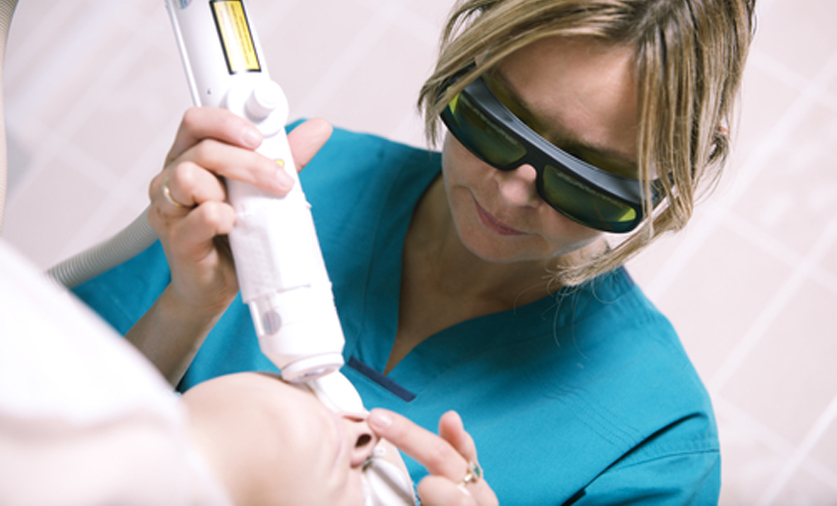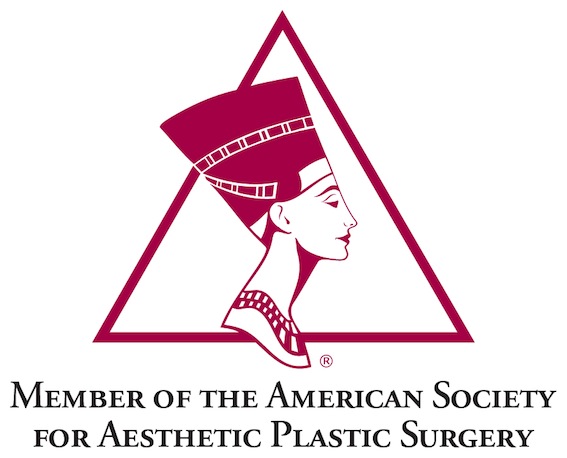People often ask me how to find the best board-certified plastic surgeon. The short answer is to make sure your plastic surgeon is, indeed, a plastic surgeon.
Validate Board Certification
The easiest way to assure this is to simply check that the doctor is a board-certified plastic surgeon—not a facial plastic surgeon, oculoplastic surgeon, cosmetic surgeon, maxillofacial plastic surgeon, or any of the other terms today that have made this whole process very confusing.
Except for unusual circumstances, a legitimate board-certified plastic surgeon should be a member of the American Society of Plastic Surgeons, and those plastic surgeons who perform cosmetic surgery should be a member of The Aesthetic Society. These are easy credentials to check online.
Not All Medical Providers Are “Specialists”
Many other medical and even non-medical ‘specialists’ have started to perform procedures traditionally performed by board-certified plastic surgeons, and, in some cases, the logic for this evolution is sound.
It makes sense that ophthalmologists may branch out and learn to perform cosmetic eyelid surgery. However, it doesn’t make sense when they begin performing facelifts. It makes sense when an otolaryngologist (ENT Surgeon) learns to perform cosmetic nose surgery. However, it doesn’t make sense when they begin performing breast augmentation, tummy-tucks, or liposuction!
There’s also more to performing eyelid or nose surgery than the procedure itself. A full understanding of facial proportions and angulation is important as well. How the appearance of the nose affects the chin, how the height of the brow affects the appearance of the eye, and how procedures that might not be surgical affect the general appearance of the face are all important. In short, there are many tools a board-certified plastic surgeon has in the ‘toolbox’ that other surgical specialists simply are not familiar with.
There has been a recent explosion in the world of cosmetic surgery with specialists outside of the logical realm getting involved.
As an example, I recently saw a 40-year-old man with a complication after liposuction of his chest performed by an obstetrician!!! And he was fully aware of the doctor’s specialty as this was the obstetrician who delivered both of his children…go figure! Dermatologists are commonly calling themselves ‘cosmetic surgeons,’ and you’ll even find dentists injecting BOTOX and fillers. Some are even using anesthetics in their offices and performing other cosmetic facial cosmetic procedures.
The Risk of Non-Medically-Supervised Treatments
The other areas of concern are the growing number of local salons and spas that are acquiring lasers and other technologies designed for board-certified plastic surgeons and other physicians trained in their use. They obtain these devices typically by paying a physician to sign for their purchase. Many are purchased on the secondary market, where regulation is more difficult.
These are devices that are supposed to be regulated for medical use, with some states requiring physicians, and only physicians, operate the device! While it’s my opinion that a nurse or other trained personnel can operate these devices properly, the intent of the regulation is that a physician should be overseeing their use. The real idea is that the use of these devices should be supervised by a plastic surgeon or other specialist who truly understands their place in our aesthetic toolbox.

A recent patient of mine came to the office for Fraxel skin resurfacing—an anti-aging laser procedure. My nurse, who initially saw the patient, noticed an unusual area of the skin on the nose. She brought this to my attention, and a biopsy of this area was performed. This turned out to be a basal-cell carcinoma—a skin cancer—which would have been incorrectly treated with the laser.
In New York City, Long Island, and Westchester there are multiple aesthetic centers using lasers and other devices that have no doctor involved in day-to-day patient care at all. These places are enticing to those seeking care because, without a doctor directly involved, they are generally less expensive. I guess the best advice I can give is ‘buyer beware’. ‘Shopping’ for medical aesthetic procedures, especially cosmetic surgery, is not like shopping for a television set. TV model 1234 is basically the same product wherever you buy it. When it comes to medical care, laser care, and surgical care, you are paying for skill and expertise.
Do Your Homework and Don’t Bargain Shop
I am one of the few plastic surgeons in the New York area providing the full range of surgical and non-surgical, laser and technology-based aesthetic options. As such, I can offer multiple options for many aesthetic issues.
In my practice, I also frequently see patients who have complications from treatment elsewhere. I rarely see complications from plastic surgery or dermatology offices that have active physician involvement with the care of patients. Recently I have seen complications from a BOTOX and laser practice run by a gynecologist, a medical weight-loss and laser practice run by a non-practicing internist, and a laser hair-removal and skincare center that has no physician actively involved in care. The patients involved had no idea they were going to gynecologists and internists. In general, patients don’t even ask the obvious question until there’s a problem.
The fact is that, in New York and most other states, a doctor has a license to practice ‘medicine and surgery’. A neurosurgeon, cardiologist, psychiatrist, and plastic surgeon all have the same license. Any doctor can ‘legally’ practice any type of medicine they desire. Up until recently, surgeons only operated in hospitals, and it was up to the facility to decide what a given physician was allowed to do at that facility. Now with the popularity of ambulatory-care surgical centers and office-based surgical suites, doctors no longer need to seek the ‘approval’ of anyone to perform certain procedures in their office. This has made the landscape for cosmetic procedures even more dangerous and is the reason why gynecologists have the ability to perform procedures like liposuction in their offices.
How do I find the best board-certified plastic surgeon?
So, to go back to the original question, you should:
- Check the ASPS and The Aesthetic Society websites to confirm membership
- Ask for the name and specialty of the doctor you are considering
- Ask if the doctor will be directly involved with your care and, if for surgery, ask if the doctor performs the entire procedure
- Ask how many similar procedures the doctor has performed and ask if, after you see the doctor, you will be able to speak with other patients who have had the same procedure
- Ask to see photographs of surgical results. You should see many. Photographs should include a range of results—not just the best. Find photos of a patient with similar issues as your own.
- Most importantly, meet the doctor and make sure your questions get answered. The best doctor for you will likely not be the cheapest available, but you should feel a connection and a level of honesty.
- Don’t be afraid to leave. You are seeking a procedure for your body—not your car. Don’t fall victim to good salesmanship and deception. A good doctor will give you the time you deserve and will openly educate you about the procedures you seek.
- Finally, the care you are seeking should enhance the quality of your life. The experience should be a good one, and it should be worth it. Take the proper care when making your decisions, and you should end up with a result that thrills you!
To meet with a board-certified plastic surgeon who will give you the honest answers and attention you deserve, request a consultation with Dr. Newman, or call his office at (914) 423-9000 to schedule an appointment.
